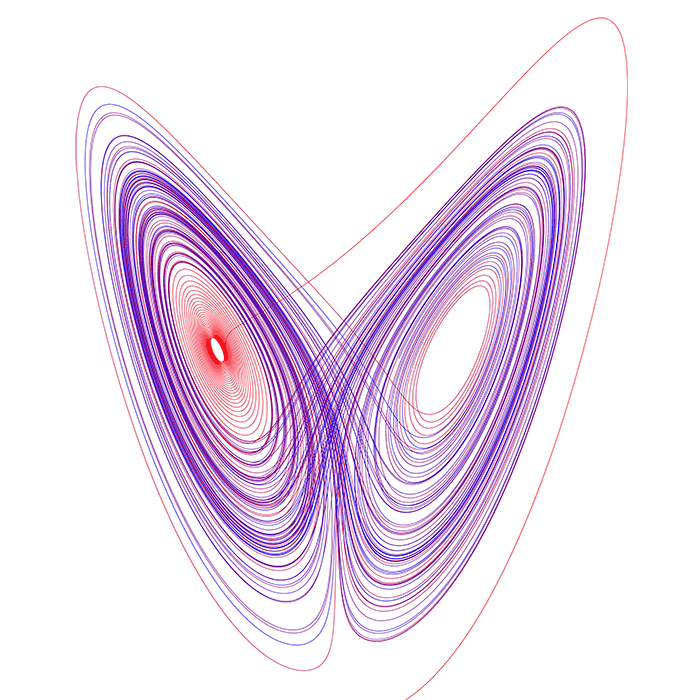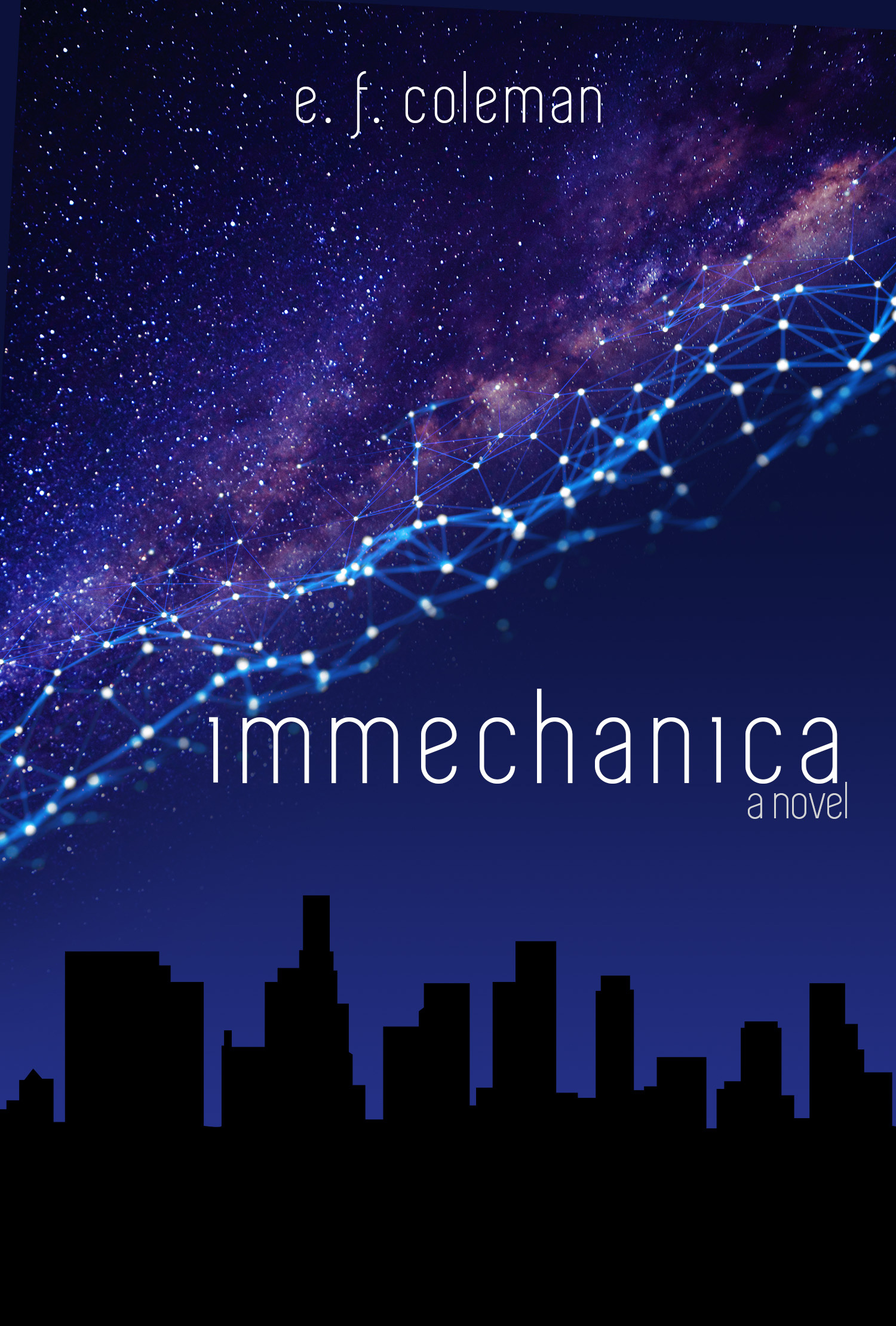
Inspired by a question on Quora, I’ve been thinking about the idea of truth, and more specifically, the way societies seem to have an eccentric orbit around the truth—sometimes closer in, sometimes further away.
The United States, at the moment, is definitely at an apogee in its extremely elliptical orbit around the truth. At the moment, large parts of the American population, raised in a society that has attacked and undermined public education and critical thinking for decades, is of the opinion that truth is merely another opinion, and facts are whatever you want them to be. Don’t like the facts as they are? Come on down to Post Truth Incorporated, where we have 100% organic free-range no-cage alternative facts to suit every budget, agenda, and political ideology!
The pendulum doesn’t swing back and forth
A lot of folks think of society as a pendulum, swinging back and forth between two poles. This cyclic model of society suggests that countries or cultures swing back and forth between two poles, often liberalism and conservatism, but the overall tendency as time goes on is generally ‘forward,’ whatever ‘forward’ means.
I would like to propose that this is codswallop.
It’s overly simplistic. Societies don’t swing back and forth, and the poles are never fixed.
Instead, I think the truth is a strange attractor around which the trajectory of a society warps and bends, sometimes near, sometimes far, always in motion. The exact path the society takes is highly sensitive to that society’s origin myth, and varies with everything from current local politics to natural disasters to pop music trends.
Pretty much exactly like this:

This means you could take snapshots of a society’s history, like paragraphs out of the society’s history books, and treat the pile of snapshots like a Poincaré map of that society’s eccentric orbit around the truth.
Mythologies are necessary for social identity, every culture will have one, and subtle variations in a society’s founding myth can have huge effects on its path around the attractor of truth. A society that, for example, idolizes the myth of the Rugged Individualist may at some point along its trajectory bend in the direction of the notion that truth is a matter of personal opinion, not empirical fact. A society that enshrines the value that belief in God is vital to being a good citizen might find itself pulled toward the attractor of authoritarian religion as it flows along its course.
But these attractions are never as simple as a pendulum swing. Too many variables, too many competing ideas go into a society’s culture. Just as you can never set foot in the same river twice, for when you return both you and the river will have changed, a society cannot revisit the same moment twice, however much its members may long for the nostalgic past.
Dr. Martin Luther King, Jr. famously said “The arc of the moral universe is long, but it bends toward justice.” That’s probably true over great stretches of time, years to centuries to millennia, but the loops and bends away from that direction happen all the time, drawn by the irresistible tropism toward Rugged Individualism, Somebody Else’s Problem, xenophobia, profiteering, fear, and the urge toward authoritarianism that seems baked into us as a species.
Right now, we’re on one of those crazy slingshots away from truth, in an era where American Republican operatives sneeringly refer to the opposition as the “reality-based contingent” and offer “alternative facts.”
For those of us trapped on this arc, it’s small comfort that given another 40, 50 years, the moral arc of the universe may once again bend back toward justice. So…let’s be kind out there.


